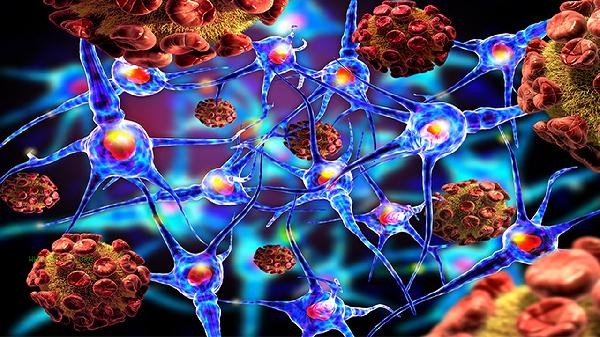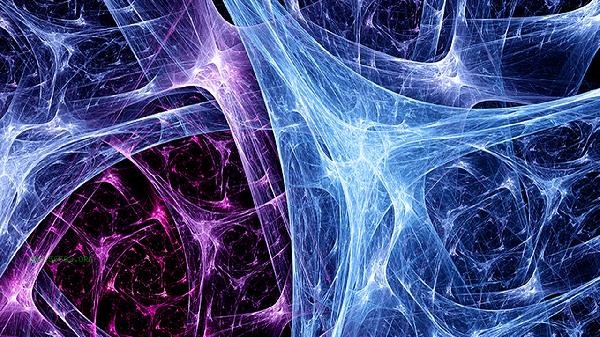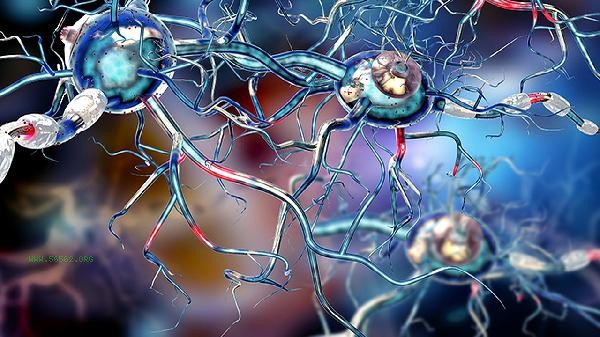Neuromuscular disease refers to a type of disease that affects nerve and muscle function, with symptoms including muscle weakness, muscle atrophy, muscle spasms, movement disorders, and sensory abnormalities. Neuromuscular diseases may be caused by genetic factors, autoimmune abnormalities, metabolic disorders, infections or poisoning, and require professional examination for diagnosis.

1. Myasthenia
Myasthenia is the most common symptom of neuromuscular disease, characterized by a decrease in muscle strength in the limbs or trunk, which may make it difficult to complete daily activities such as climbing stairs or lifting heavy objects. Some patients have mild symptoms when they wake up in the morning, which worsen after physical activity. Patients with myasthenia gravis may experience eyelid ptosis or difficulty swallowing, and should be alert to the risk of respiratory muscle involvement.
2. Muscle atrophy
Muscle atrophy is often accompanied by muscle weakness, with a significant reduction in muscle volume, commonly found in the proximal or distal limbs. Patients with progressive muscular dystrophy may experience pseudohypertrophy of the gastrocnemius muscle. Long term muscle atrophy can lead to joint deformation and limited mobility, requiring rehabilitation training to slow down the progression.
3. Muscle spasms
Muscle spasms are characterized by sudden muscle twitches or rigid contractions, which may be caused by electrolyte imbalances or abnormal nerve signal transmission. Patients with motor neuron disease often experience muscle bundle tremors. Spasms often worsen at night, and hot compress and moderate stretching can temporarily alleviate symptoms.

4. Movement disorders
Movement disorders include bradykinesia, gait abnormalities, and balance imbalances. Patients with hereditary ataxia may exhibit a drunken gait, while those with muscle tone disorders may have involuntary twisting movements. The progression of symptoms may lead to complete loss of walking ability, requiring early intervention with physical therapy.
5. Sensory abnormalities
Some neuromuscular diseases are accompanied by sensory nerve damage, resulting in limb numbness, stabbing pain, or decreased temperature sensation. Patients with Guillain Barr é syndrome often have glove and sock like sensory disorders. Abnormal sensation may affect balance function and increase the risk of falls, requiring strengthened protective measures. Patients with neuromuscular diseases should maintain moderate exercise to prevent muscle wasting, and can engage in water exercises or equipment assisted training. Diet should ensure high-quality protein and vitamin intake, and limit high-fat foods. Regularly monitor cardiovascular and pulmonary function to avoid exacerbating symptoms caused by infection. It is recommended to develop personalized treatment plans under the guidance of a neurologist, and some hereditary neuromuscular diseases require genetic testing and genetic counseling. Immediate medical attention is required for emergencies such as difficulty breathing or swallowing disorders.










Comments (0)
Leave a Comment
No comments yet
Be the first to share your thoughts!